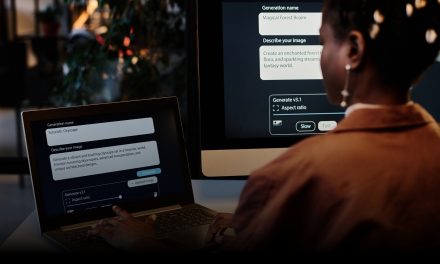Amid rushed and scattered digital transformation in the massive country, cybersecurity startups are springing up to fill in the gaps
In the wake of accelerated and pervasive digitalization, India has turned into a digitized economy. Along with this development is a massive surge in cyberattacks.
From the 41,378 attacks reported in 2017, the country saw the figure jumping to 1,402,809 attacks in 2021.
This continuing trend has led to the rise of Indian cybersecurity startups in the country. CybersecAsia.net interviewed Karmesh Gupta, CEO and co-founder, WiJungle to find out more.
CybersecAsia: Would you share with our readers a snapshot of the present cybersecurity scenario in India?
Karmesh: In real terms, the Indian cybersecurity scenario is broadly classified into the pre-COVID and post-COVID eras. As businesses are going digital, IT infrastructure is facing vulnerabilities with a 151% increase in cybercrime in 2021 alone.
The rising numbers have paved a clear way for cybersecurity startups. Indian cybersecurity startups are gaining huge prominence as they have grown to over 225 in 2020 from 175 in 2018, doubling the revenue to over US$1bn from US$475m in the same period. The surge in revenue is driven by the adoption of digital-first business models that are increasing cybersecurity spending.
CyberSecAsia: What do you think are the key vulnerabilities in the India’s cyber space landscape?
Karmesh: The widespread use of technology across domains in India, including fintech, social media, e-commerce, etc., comes with increased fraud.
The recent year witnessed several incidents such as crypto meltdowns, OTP thefts, frauds associated with the unified payments interface (UPI) and money laundering, to name a few. A total of whopping 146,495 fraud cases associated with UPI were reported in Q1 and Q2 of 2022.
No digital channel or organization is immune to cyber threats. However, on a positive note, India’s cybersecurity awareness in 2022 was at an all-time high. Organizations are safeguarding their digital infrastructure and deploying systems to handle sensitive data with more vigilance. For instance, the fintech firms are securing their digital transactions with extra layers of security, and are cautioning customers to use QR codes securely, using in-app support in case of cyber emergencies; setting transaction limits to bank cards; and increasing the frequency of OTP for authentication.
CyberSecAsia: How are Indian cybersecurity startups helping the country to harness technology’s potential safely?
Karmesh: India is planning to take an aggressive route to become a US$5tn economy, and that can be achieved by accelerated digital adoption. However, before adopting the digital-first model, businesses must look beyond the traditional approach to security and harness the potential of new technologies.
Cybersecurity startups innovate at forefront of cloud technologies, data analytics, behavioral metrics, device intelligence and more. In that scenario, the Know-Your-Customer process will take the center stage and play a vital role in identifying fraudulent activities including money laundering.
To strengthen the infrastructure more, the stakeholders of cyberspace must collaborate to create a robust privacy data infrastructure that is next to impossible for fraud perpetrators to barge in.
Similarly, identity theft is becoming another common crime in India and across the globe. Enterprises must adopt identity verification solutions to safeguard transactions and mitigate money laundering cases. Biometrics and full-proof identification documents can be used to verify identities which can also aid in preventing security breaches.
CyberSecAsia: How do you see the threats predicted in this and next financial year?
Karmesh: A significant cybersecurity threat for years running has been ransomware. Also, Web3 and crypto fraud will increase. A new vector for data poisoning has emerged, and supply chain attacks are forecast to escalate given the rapid pace of digital economic growth.
Finally, digital financial services are in exponential use in India, and cybercriminals consider this as their gold mine. By providing competitive services to help businesses and organizations add extra layers of security, the growth of cybersecurity startups will play a crucial role in enhancing cyber safety for all.
CybersecAsia thanks Karmesh for sharing his insights on India’s cyber startup scene.


















